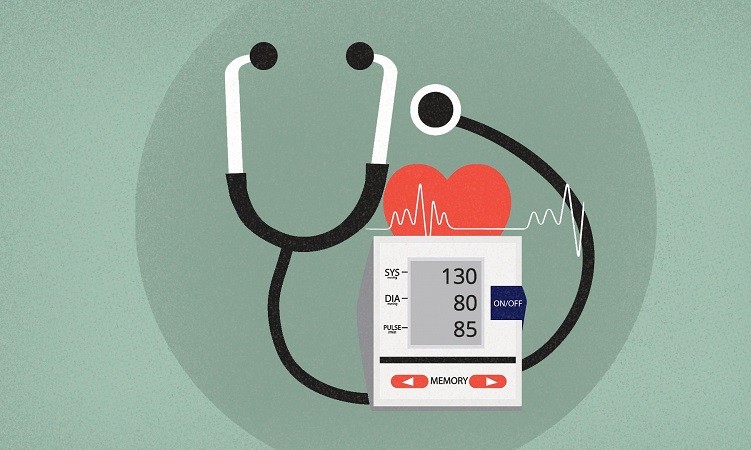
Hypertension, commonly known as high blood pressure, affects millions worldwide and significantly increases the risk of heart disease, stroke, and other cardiovascular issues. Recent studies have highlighted the impact of salt intake on hypertension severity, suggesting that reducing salt can be as effective as using a common diuretic. Let's delve into how salt intake affects hypertension and strategies to manage it through dietary changes.
The Relationship Between Salt Intake and Hypertension:
Salt, or sodium chloride, plays a crucial role in the body's fluid balance. However, excessive salt consumption can lead to water retention, increasing blood volume and subsequently elevating blood pressure. For individuals with hypertension, this effect is amplified, making it essential to manage salt intake to control blood pressure levels.
How Salt Intake Affects Hypertension Severity:
Studies have shown a direct correlation between high salt intake and increased severity of hypertension. Excessive salt consumption can disrupt the body's balance of sodium and potassium, crucial minerals for regulating blood pressure. The kidneys play a vital role in maintaining this balance, but excessive salt can impair their function, leading to increased fluid retention and higher blood pressure.
Reducing Salt Intake: An Effective Strategy for Managing Hypertension:
Dietary Modifications: Adopting a low-sodium diet is pivotal. Reducing processed and packaged foods, which often contain high levels of hidden sodium, can significantly impact salt intake. Opt for fresh, whole foods and limit added salt while cooking.
Reading Labels: Pay attention to nutritional labels on packaged foods. Aim for products labeled "low-sodium" or "no added salt," and choose alternatives with reduced salt content whenever possible.
Herbs and Spices: Enhance flavors in meals with herbs, spices, and citrus instead of relying on salt. Experiment with seasoning blends to add taste without increasing sodium levels.
Mindful Eating Out: When dining out, ask for dishes with no added salt or request sauces and dressings on the side to control sodium intake.
Hydration and Exercise: Stay well-hydrated with water, which helps in maintaining a healthy fluid balance. Regular physical activity also aids in managing blood pressure levels.
Understanding the profound impact of salt intake on hypertension severity is crucial for effective management. By adopting a low-sodium diet and making mindful dietary choices, individuals can effectively reduce blood pressure, potentially alleviating the need for certain medications. Consultation with a healthcare professional or a registered dietitian is recommended for personalized guidance and support in managing hypertension through dietary changes.
Small dietary modifications, especially reducing salt intake, can yield significant benefits in managing hypertension and improving overall cardiovascular health.
Key Considerations for Diabetes Patients During Diwali to Avoid Complications